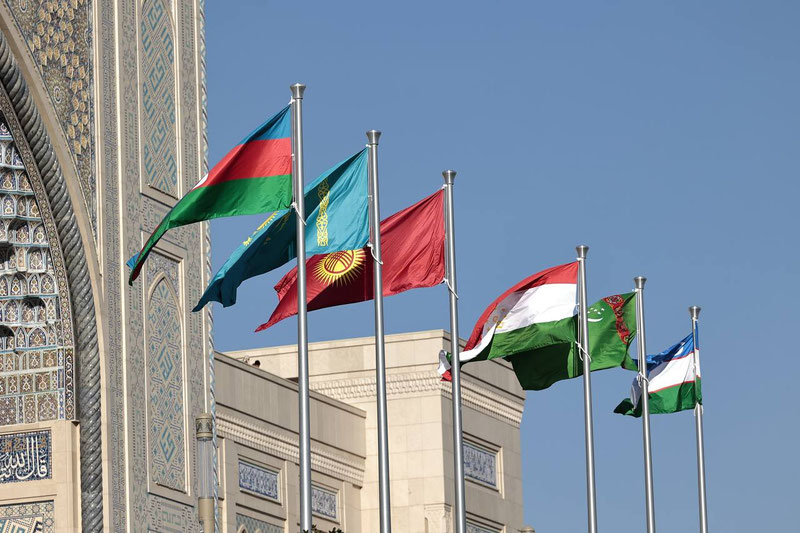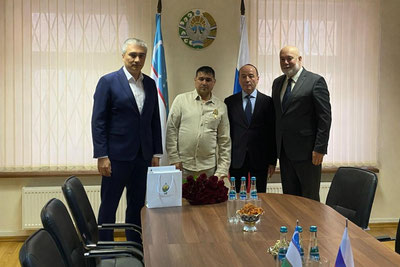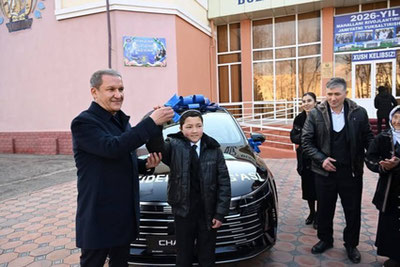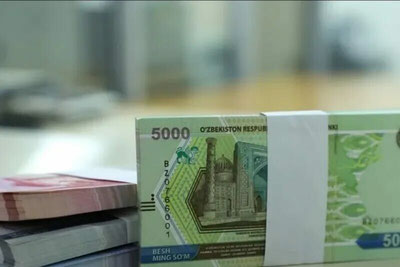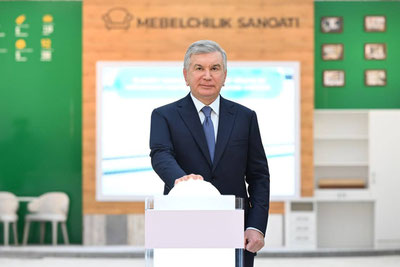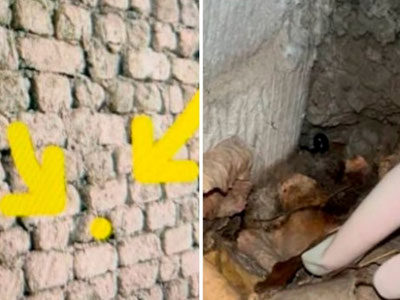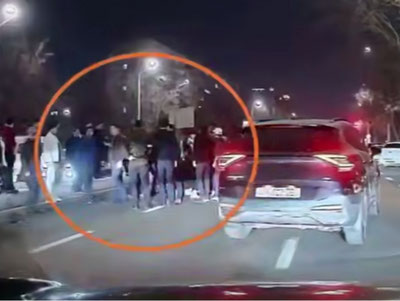The "Central Asia: Common Spiritual and Educational Heritage - Common Future" forum is being held within the framework of an international congress.

This year's forum is of great importance in bringing the scientific cooperation of historians from Central Asian countries to a new level, integrating the science of history, and defining common scientific directions.
The event is attended by academies of sciences, history institutes, and leading scientists from Uzbekistan, Kazakhstan, Kyrgyzstan, Tajikistan, Turkmenistan, and Azerbaijan.

The opening ceremony of the forum was moderated by Shavkat Ayupov, President of the Academy of Sciences of Uzbekistan. Speeches were also given by Isa Habibbeyli, President of the Azerbaijan National Academy of Sciences, Kanatbek Abdurahmanov, President of the Kyrgyz National Academy of Sciences, Muhammaddovud Qayum Salomiyon, Vice-President of the Academy of Sciences of Tajikistan, leaders of the Kazakh National Academy of Sciences, and representatives of the cultural sphere of Turkmenistan.
The congratulatory speeches expressed ideas about the common historical roots, spiritual heritage, and scientific traditions of the peoples of Central Asia, emphasizing the necessity of developing the science of history based on new analysis and cooperation.
The forum consisted of a plenary session and two section meetings, where a number of scientific topics were discussed.

In the first section — "Material Culture and Spiritual Heritage of Central Asia" — presentations were heard on archaeology, architectural monuments, the culture of the Islamic period, and unifying scientific traditions.
In the second section — "History of Central Asia: From the Past to Modernity" — issues such as the study of historical sources, the civilizational significance of the Silk Road, the Jadid movements, and scientific-educational integration in the region were discussed.
Within the framework of the forum, directions for cooperation were outlined between scientific institutions for joint research, archaeological expeditions, and the digitization of historical sources.
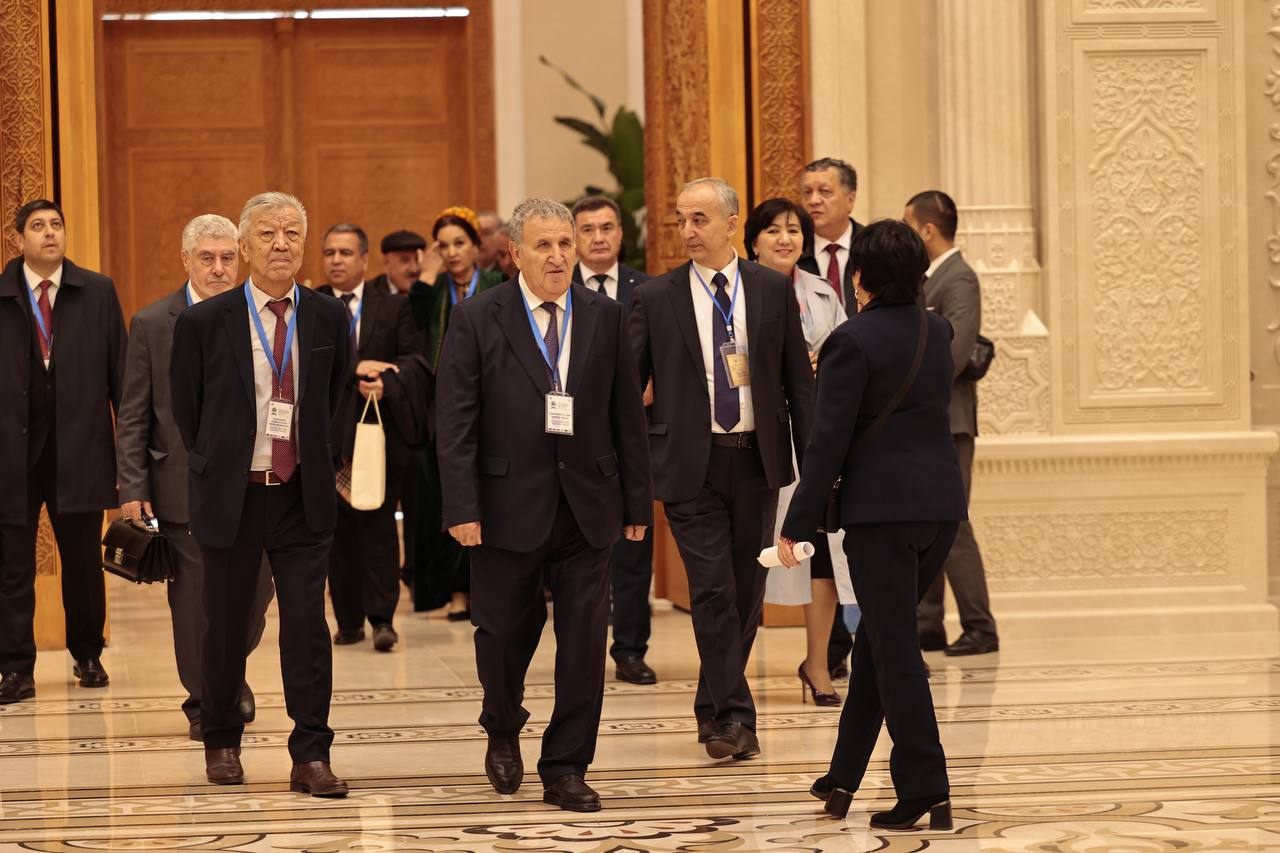 Scientists who spoke at the congress emphasized that the history of Central Asia is a unified civilizational process and noted that the main task for science today is to analyze common historical documents and sources based on new scientific approaches.
Scientists who spoke at the congress emphasized that the history of Central Asia is a unified civilizational process and noted that the main task for science today is to analyze common historical documents and sources based on new scientific approaches.
The event also paid special attention to issues of the enlightenment movements of the 19th and early 20th centuries, religious-educational relations, convergence in science and education, and integration with world science.
The second forum of historians once again demonstrated the scientific competence, historical thinking, and spiritual closeness of the Central Asian countries.
